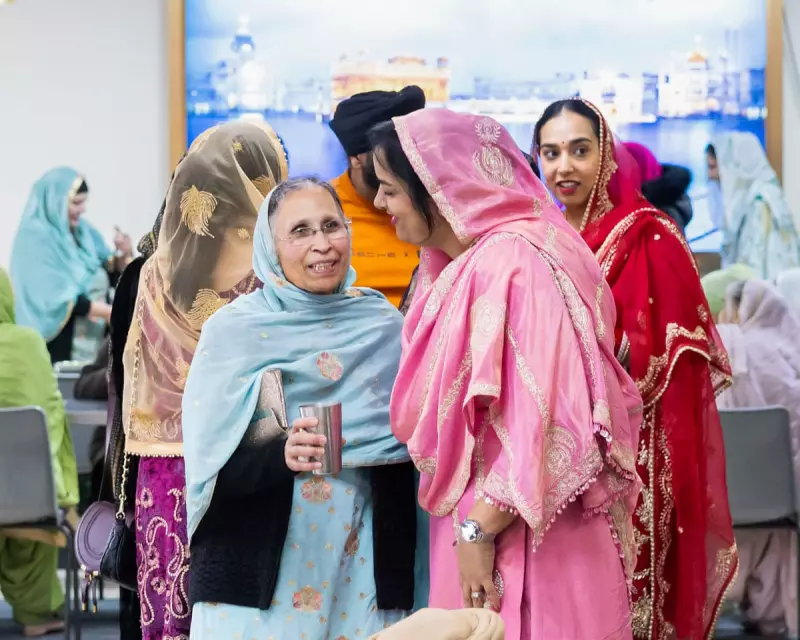
Fear has gripped Sikh communities across the Midlands following a series of religiously motivated attacks that have forced women to radically alter their daily lives and personal routines.
Wave of Attacks Creates Community Fear
Two separate rapes of Sikh women in their 20s have been reported in Walsall and Oldbury in recent weeks, with John Ashby, 32, charged in connection with a religiously aggravated rape relating to the alleged Walsall attack. These incidents, combined with a violent assault on two elderly Sikh taxi drivers in Wolverhampton, prompted an urgent parliamentary meeting about anti-Sikh hate crimes in late October.
Sukhvinder Kaur, chair of domestic abuse charity Sikh Women's Aid in the West Midlands, confirmed the profound impact on women's behaviour. "The fear, the now complete changing of your day-to-day living, that is real. I have not seen that before," she revealed.
Daily Routines Transformed by Fear
Women across the region are abandoning activities they previously enjoyed due to safety concerns. "Women are no longer doing the things that they enjoy because they might get harmed doing them," Kaur explained. Simple pleasures like visiting the gym, going for walks or running have become sources of anxiety, with women now exercising in groups and sharing their locations with family and friends.
The geographical spread of fear has become particularly concerning. "An attack in Walsall is going to make women in Coventry feel scared because it's the Midlands," Kaur noted, emphasising that safety concerns now transcend local boundaries.
Community Response and Security Measures
Sikh places of worship throughout the Midlands have begun distributing rape alarms and security devices to women. At Nanaksar gurdwara in Walsall, regular attendee Kam Kaur, 55, said the incidents had "changed everything" for local Sikhs.
"We're all targets," Kaur stated bluntly. "Anyone can be attacked day or night." She no longer feels safe visiting the gurdwara alone and has advised her elderly mother to exercise caution when answering the front door.
Other women described taking extraordinary precautions. Inderjeet Kaur, 32, now parks closer to bus stations and listens to prayers through headphones at minimal volume to maintain awareness of her surroundings. Surinder Kaur, 57, who walks with her three daughters, admitted: "We've never thought about taking these precautions before. I'm looking over my shoulder constantly."
For some long-term residents like Surinder Bajwa, 55, the current atmosphere evokes painful memories of 1970s and 80s racism. "We've experienced all this in the 1980s when our mums used to go past where the community hall is," she recalled. "For some reason, I'm going back to that. In my head, I think those times are almost back."
Labour councillor Simran Cheema echoed this sentiment, noting that many feel "we've gone back in time... where there was a lot of open racism." She added that people now fear wearing religious symbols like turbans or head coverings in public.
Local authorities have responded with increased security measures. Walsall council has provided additional CCTV around gurdwaras, while West Midlands police are holding meetings with community leaders, women's groups and local politicians to address safety concerns.
Ch Supt Phil Dolby acknowledged the community's distress during a meeting with Walsall gurdwaras committee, stating: "It's been a very difficult week for the community. No one deserves to live in a community feeling afraid."





